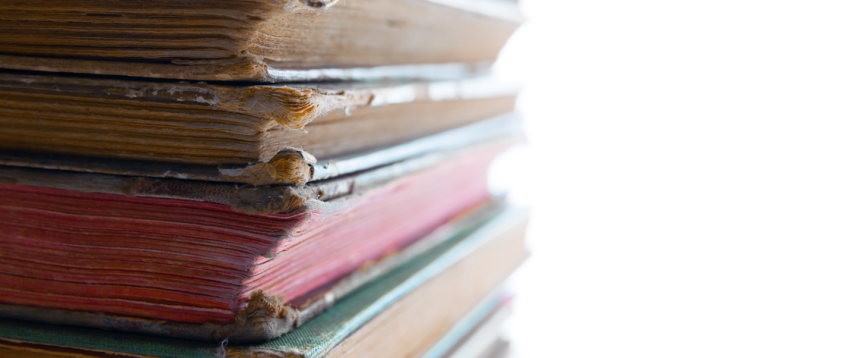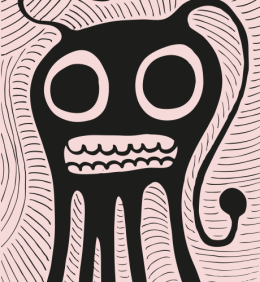What The Queer?

Before we get stuck in I want to offer a disclaimer: the meaning behind the word queer is extensive.
Anyone else would have the sense not to try and tackle a subject people frequently write dissertations on in a small article… but, because of reasons unknown even to me, I gave it a go.
Since I started identifying as queer, hoards of people have asked me what that means; collaborating this piece felt necessary and important. What I have gathered here is merely a taster though, should you want to learn more.
Now, let the games begin:
Comes from:
Although the etymology of ‘queer’ is uncertain, perhaps originating from the German word ‘quer’, entering English in the sixteenth century, it was first linked to sexuality in the United States during the 1920s. ‘Queer’ was initially, at best, a word used to describe that which was different from the norm, at worst it was a term of homophobic hate speech.
Reclaimed by Activists:
AIDS activist groups such as ACT UP (Aids Coalition To Unleash Power) and Queer Nation began to dissent against the myth that there was any such thing as natural sexuality. In a grassroots capacity, this made space for ‘queer’ as an umbrella term, referring to individuals across the non-heterosexual board – beyond just gay and lesbian.
Adapted by Academia:
Over the later part of the 20th century thinkers paved the way for ‘queer’; Michael Foucault, Eve Sedgwick, Judith Butler, to name but a few, opened up a new academic understanding of sexuality. Consequently, appropriate to the terms origins, in the United States the fields of Lesbian and Gay Studies and Women’s Studies began to grow, as did the construction of campus-based LGBT communities. In 1990, at the University of California Santa Cruz, Italian-born feminist Teresa De Lauretis first coined the concept of ‘Queer Theory’.
What does Queer do for us now?
Its legacy is still that of unity; ‘queer’ acts as a crossover term for multiple identities within the LGBTQIA community. For example, one can be both trans* and bisexual whilst calling oneself ‘queer’. This creates solidarity and inclusion between non-gender conforming identities and sexual minorities, whilst drawing attention to the fact gender and sexuality are two different things. ‘Queer’, because it is non-specific, also enables trans* allies to state that they are not straight without alluding to their cisgender privilege.
In terms of diversity, ‘Queer’ can be combined with other necessary main frameworks that people understand their lives by; queer feminism, genderqueer, queer disability, and queer people of colour, are just some examples of how adaptable and open to intersexuality the term is. Its reclamation has become important to modern activists, who make the word action, turning it into a verb; ‘queer’ becomes ‘queering’, and one can ‘queer language’ or ‘queer a space’ – that is to say challenge it’s hegemonic normativity.
To queer or not to queer?
At the time of its appropriation, many found ‘queer’ insulting – in fact, presently, not everyone is happy with ‘queer’. There are those who find the word alienating and anachronistic; reminiscent of a time where it was still illegal to not be straight in western society.
Although used by many, ‘queer’ is a highly personal term. It is neither wrong nor right but constantly becoming and, in that sense, limitless. Judith Butler famously claimed that ‘queer’ is “what we are in the present”.
This isn’t to say that ‘queer’ is the be all and end all of non-heteronormative identities.
If your sexuality exclusively calls itself lesbian, gay, bisexual, trans*, asexual, or if you prefer to avoid labels, then more power to you.
Just know that ‘queer’ is there, as an option, if you should take to it.
And if none of this resonates with you, that’s absolutely fine.










Great article!
I was actually having a conversation last week with a friend about “to queer or not to queer”. You have just confirmed my argument. Thanks!
Thank you so much for the lovely comment – I’m so glad you found this useful 🙂
I tend to vacillate between identifying as “queer”, “lesbian” and “dyke” according to my mood.